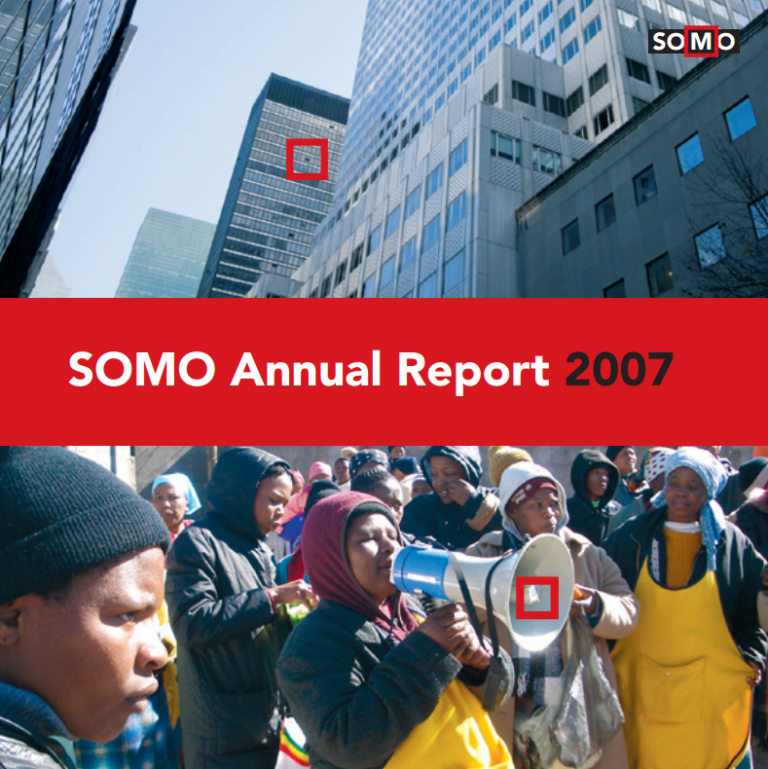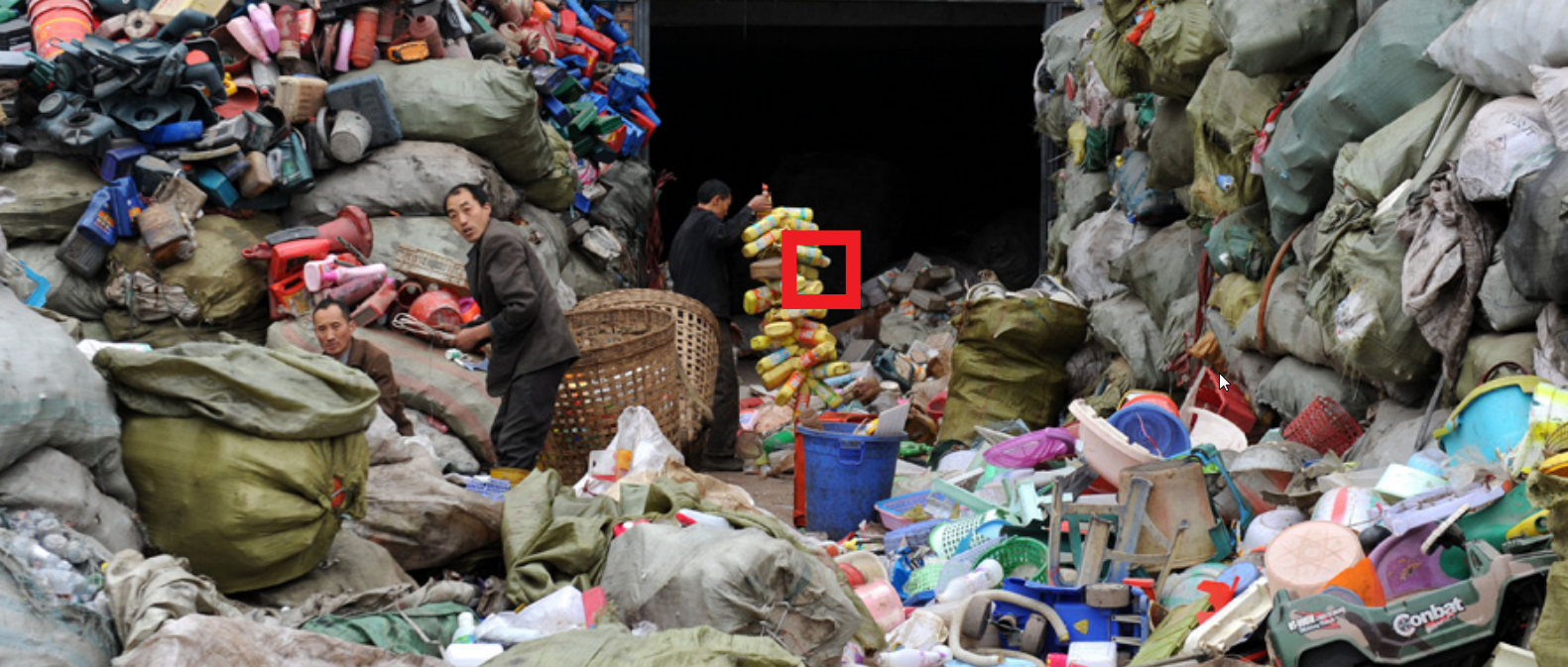
SOMO – Annual Report 2011
Throughout 2011, the world’s power relations shifted rapidly, spurred on by swift economic globalisation, the emergence of new economic powers and diminishing ideologies. We find ourselves in the fast lane to global interdependencies, but lacking the structure for good global governance to solve ‘problems without passports’, as former United Nations General Secretary Kofi Annan labelled the world’s current financial, economic, environmental, climate and food crises. Regulation at both national and international level is still lagging behind economic globalisation. While privatisation and trade liberalisation has been eroding the role of nation states, international regulation has been actively reduced over the past few decades. The result is what John Ruggie calls ‘governance gaps’ – fragmented and decentralised political systems that struggle to keep up with the integration of the economy, environment and human rights. It is within these ‘governance gaps’ that multinational enterprises (MNEs) have been able to thrive. Approximately 60 per cent of all world trade is currently taking place between subsidiariesof the same company, and some MNEs today generate more income than certain national economies. MNEs are able to change production locations to reduce production costs and invest resources into finding and using loopholes in international regulation to reduce their financial contributions to the countries in which they operate. SOMO’s work is strongly motivated by holding MNEs accountable for past and present activities, and acting responsibly for a sustainable and just future. SOMO aims for a sustainable, inclusive and just economic development that contributes to the structural eradication of poverty, as well as solving environmental problems, reducing inequality and tackling exploitation. To find out more about the activities and results of SOMO in 2011, please download our Annual Report on 2011 below or read it online.
Meer informatie nodig?
-
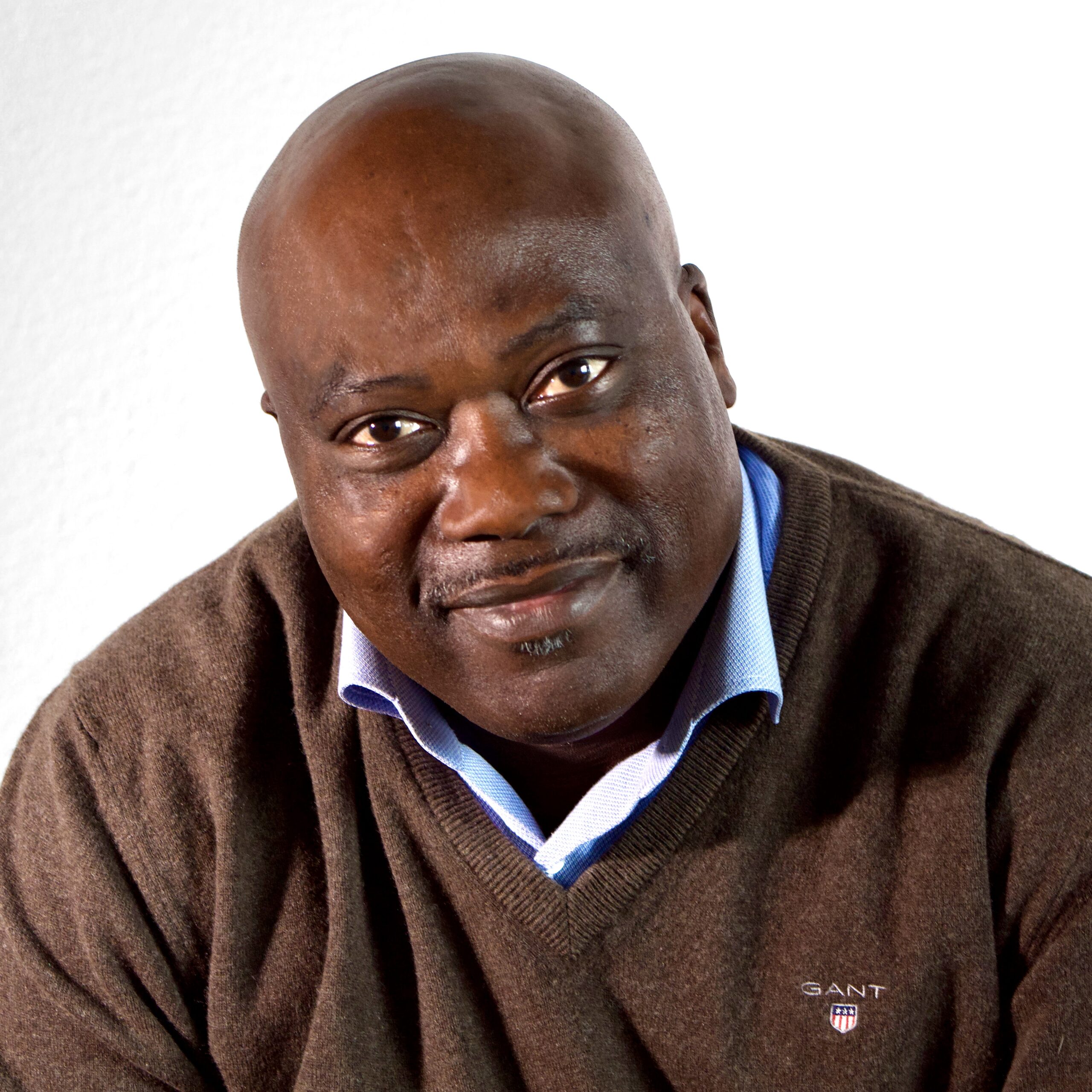
Sammy Whenu
Controller
Publicatie
Bijlagen
Gerelateerde content
-
SOMO – Annual Report 2010 Gepubliceerd op:Geplaatst in categorie:Publicatie
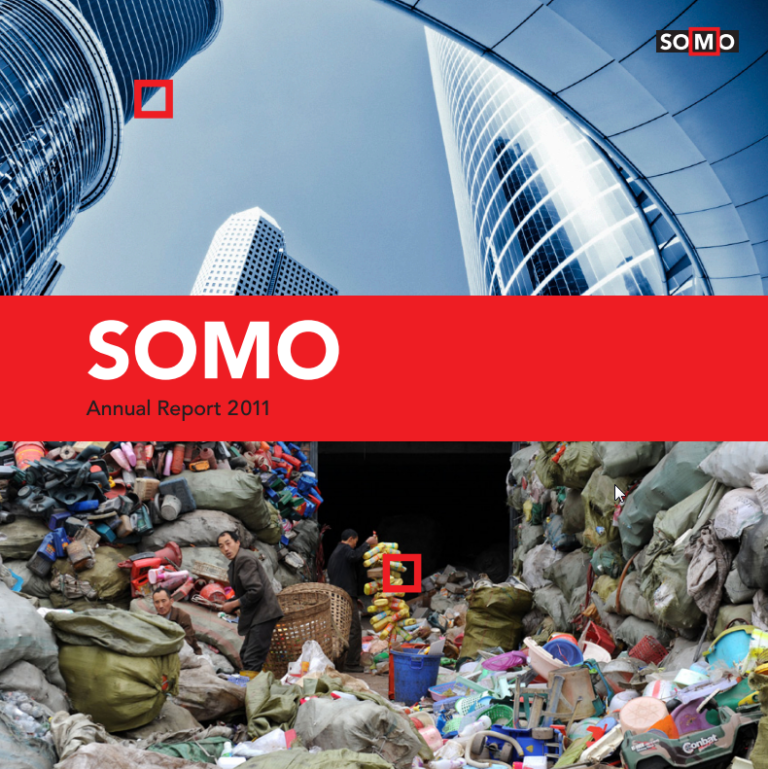
-
SOMO – Annual Report 2009 Gepubliceerd op:Geplaatst in categorie:Publicatie
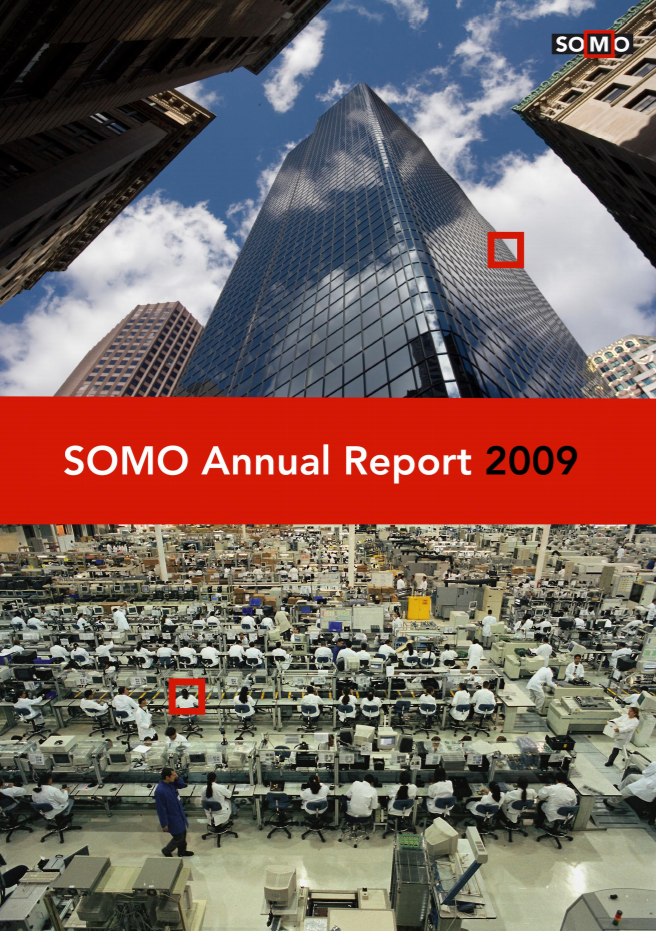
-
SOMO – Annual Report 2008 Gepubliceerd op:Geplaatst in categorie:Publicatie
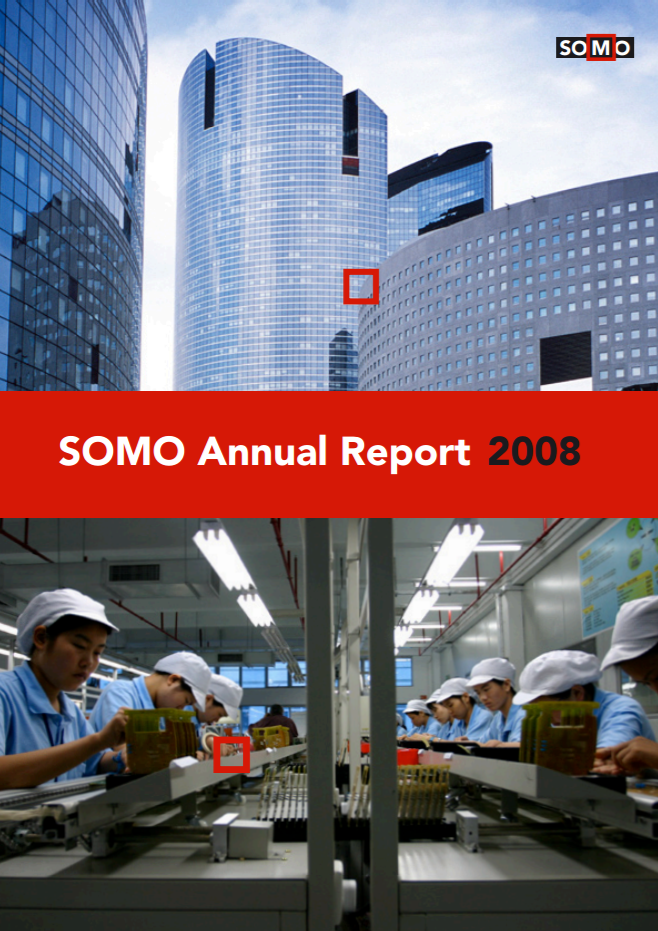
-
SOMO – Annual Report 2007 Gepubliceerd op:Geplaatst in categorie:Publicatie
